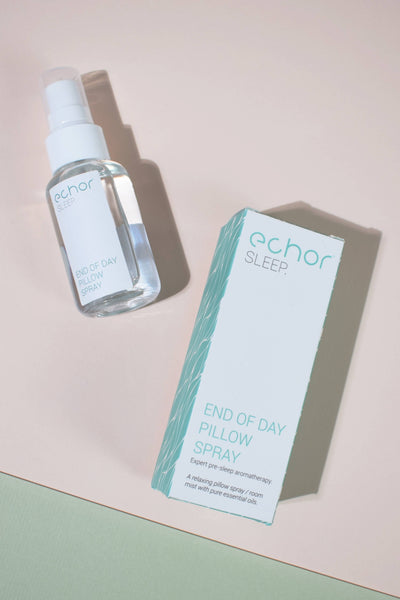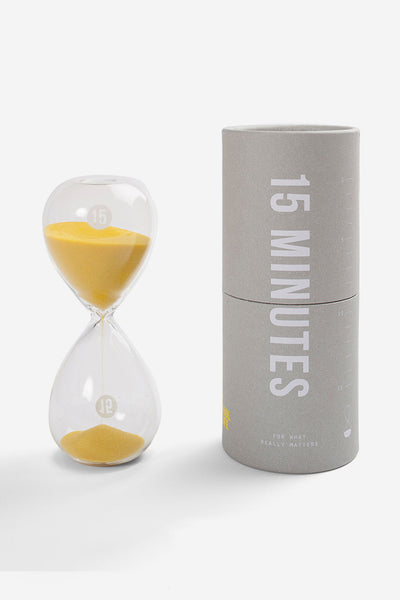How To Cope With Sleep Deprivation
Most people have dealt with some kind of sleep deprivation in their life after a night of no sleep. Sleep deprivation is when your body doesn't get the right amount of sleep you need, making you feel drowsy and lacking energy when you wake up. Sleep deprivation means to be getting less than the needed amount of sleep. If you're an adult you need at least 8 hours and children and teens need even more!
There's an influx of reasons why someone might suffer from sleep deprivation. It could be to do with lifestyle choices, poor sleep hygiene, work, medical conditions or sleep disorders. Although not always the fault of the person, it could be made by voluntary choices like staying up late to binge-watch a TV show when you know you have to get up at 5 am to work the next day.
Symptoms
- Yawning all the time
- Slowed thinking
- Reduced attention span
- Worsened memory
- Poor decision making
- Mood changes
Ways to cope and prevention
Caffeine helps - but to an extent
It's natural to reach for caffeine when you've had a bad night of sleep. However, too much caffeine, especially late in the day can have the opposite effect. When you're sleep-deprived, your heart rate and blood pressure increase and glucose is released into the blood. This is your body working to stay awake as long as possible. As caffeine also raises your heart rate, it's going to make you feel on edge if you have too much of it.
Get some sunlight
Getting sunlight in the morning can help your body decrease melatonin which is the chemical we produce for sleep. This is due to the natural blue light - not to mention it's good to get fresh air anyway!
Nap - but not too late in the day
The best way to cure sleep deprivation is... well, to sleep. If you're able to, try to squeeze in a power nap in the middle of the day to give you a better boost of energy than any stimulant.
Make sure you're not doing this too late in the day as it might stop you from going to sleep when it's nighttime.
Keep a consistent sleep schedule
Go to bed and wake up at the same time every day to develop a routine - including weekends! Your sleep schedule being all over the place causes more problems than you think.
Have a nighttime routine to add to your sleep schedule. For example, investing in a lavender pillow mist and spraying it 30 minutes before bed can trick your body into associating the smell with relaxation and sleeping. Aromatherapy for sleep has been used for centuries, with people today swearing for it. Our End of Day Pillow Spray consists of a blend of lavender, geranium, eucalyptus and sweet orange.
A candle for relaxation and sleep has a similar effect! Our End of Day Sleep Candle has a blend of multiple essential oils including ylang ylang, lavender, geranium, and sweet orange. All doing their job to promote healthy sleep!









